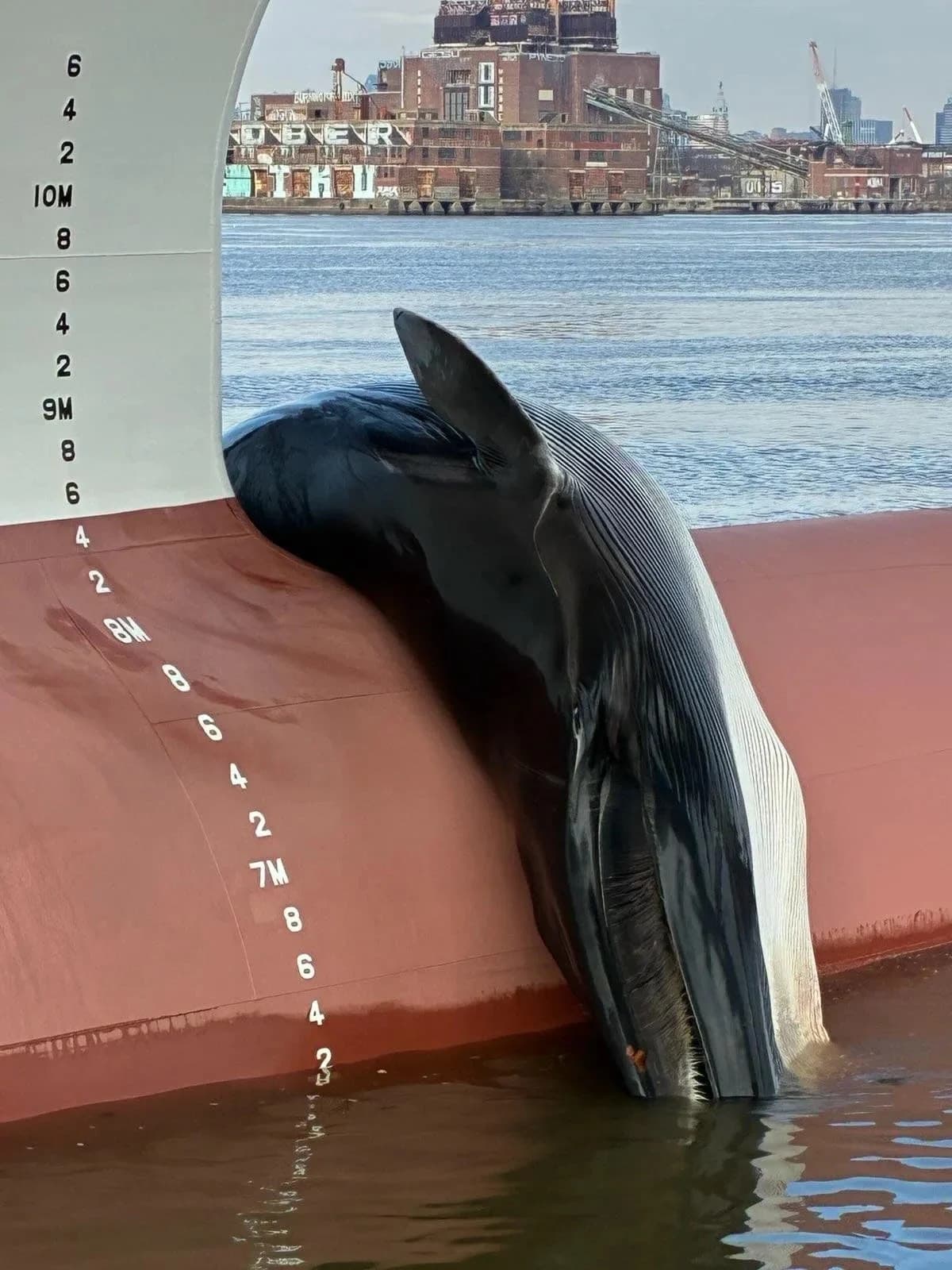Peru, aided by the U.S. Fish and Wildlife Service, seized roughly 10,000 shark fins (about 9.3 tons) bound for China on Nov. 10, arresting three suspects. The shipment—valued at over $11.2 million—included fins from threatened species and was allegedly sourced from Ecuadorian fishers and laundered with falsified papers. Conservationists warn the lucrative fin trade and weak enforcement drive shark declines, while the U.N. estimates illegal wildlife trafficking may earn up to $20 billion annually.
Peru Seizes 10,000 Shark Fins Worth $11M in Major Transnational Trafficking Bust

Peruvian authorities, with assistance from the U.S. Fish and Wildlife Service, intercepted an estimated 10,000 individual shark fins bound for China in a Nov. 10 operation at an industrial port near Lima. The shipment—about 9.3 tons of dried fins valued at more than $11.2 million—was linked to a transnational criminal network, and three suspects were arrested.
Officials say the seized fins came from threatened species including blue sharks, pelagic thresher sharks and common thresher sharks. Investigators allege the trafficking ring purchased fins from Ecuadorian fishers and used falsified documents to claim the catch originated in Peruvian waters. The fins were reportedly dried and stored in Callao before being prepared for export.
"The billion-dollar fin and meat trade is driving the extinction of iconic shark and ray species. Now, more than ever, critical action must be taken before it's too late," said Luke Warwick, director of Shark and Ray Conservation at the Wildlife Conservation Society.
Shark finning—the practice of removing fins from sharks and discarding the still-living bodies back into the ocean—causes immense suffering and is a major driver of shark population declines. Many shark species reproduce slowly and are particularly vulnerable to overexploitation, which can produce cascading effects throughout marine ecosystems, including impacts on coral reefs and fisheries.
The global illegal wildlife trade is vast and lucrative; the United Nations estimates it may generate up to $20 billion annually, rivaling other organized criminal markets in scale and sophistication. Weak enforcement, corruption, and persistent demand—driven in part by high-priced delicacies such as shark fin soup—enable these trafficking networks to thrive.
"The U.S. Fish and Wildlife Service, working closely with Peruvian law enforcement, is committed to dismantling illegal trade networks that threaten marine biodiversity and ocean health," said Doug Ault, deputy assistant director for law enforcement at the U.S. Fish and Wildlife Service.
While the seizure represents a significant enforcement victory, authorities caution it also highlights the magnitude of the problem: millions of dollars and tons of wildlife continue to flow through international black markets. Conservationists and law enforcement officials say sustained international cooperation, stronger enforcement, and reduced demand are needed to protect shark populations and the ecosystems that depend on them.
Help us improve.



























